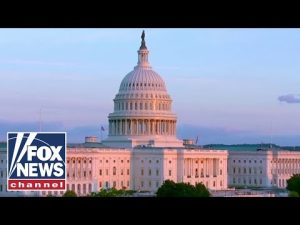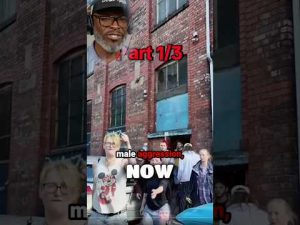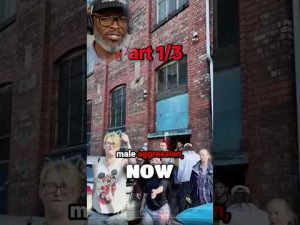**The Great Debate: A Showdown of Ideas in New York City**
Last night, the political battleground of New York City buzzed with energy as three candidates took to the stage for a spirited mayoral debate. The contenders included former New York Governor Andrew Cuomo, current Governor Kathy Hochul’s endorsed successor Zamboni, and Curtis Sliwa, the Republican candidate. It was a classic clash of perspectives, filled with compelling arguments and colorful commentary, and the audience was eager to witness the drama unfold.
The spotlight shone particularly bright on Andrew Cuomo, who formerly handpicked Kathy Hochul as his lieutenant governor. Interestingly, while Hochul has supported Zamboni’s candidacy, he has yet to endorse her for re-election. When asked if he supported her, he danced around the question, suggesting that any decision on her future would come after the general election. This response didn’t sit well with the crowd, and the tension in the air was palpable. It was as if they were waiting for a soap opera to unfold, with twists and turns that kept everyone on the edge of their seats.
As with any political debate, the candidates fielded tough questions, but the atmosphere seemed to favor Zamboni. Observers noted that a large portion of the audience was there primarily to support him, leaving Sliwa and Cuomo with a harder time capturing attention. The exchanges became increasingly lively as the challengers took swing after swing at each other, questioning qualifications and past actions. It’s a fierce game of politics where the crowd’s allegiance can sometimes overshadow the issues at hand.
On the topic of Islam and community outreach, this debate took an unexpected turn. It was pointed out by one candidate that while Cuomo has been in politics for years, he couldn’t name a single mosque he had ever visited during his time in office. This challenge elicited laughter from the audience, further revealing that perhaps Cuomo had not always been as in touch with New York’s diverse communities as he claimed to be. Sliwa chimed in as he highlighted the community’s desire for equality and respect, emphasizing that every group in this great city deserves a voice.
Amidst the banter, the candidates touched on what some might see as a serious lapse in Cuomo’s leadership during the pandemic. Sliwa directed a pointed criticism at Cuomo’s handling of nursing homes during COVID-19, claiming that sending seniors into danger was a reckless move that New Yorkers must remember. The room crackled with energy as he deemed this type of experience the kind that underscores the importance of integrity in a leader, especially during crises. It was becoming increasingly clear that voters would definitely need to weigh past actions as they consider who is fit to lead the city forward.
In the end, this debate reflected not just the immediate stakes for New York City’s future, but also the historical narrative of its leadership. With proposals flying faster than a New York City taxi can navigate rush hour traffic, voters were reminded that the choice they make will have lasting ramifications. As New Yorkers prepare to hit the polls, one thing is certain: the race for mayor will be one of the most closely watched events in the upcoming election season, guaranteed to keep spectators entertained with its relentless twists and turns. One can only wonder what the next debate will bring and who will rise to the occasion, desperately trying not to fall into the traps set before them. Buckle up, folks; it’s going to be a wild ride!







